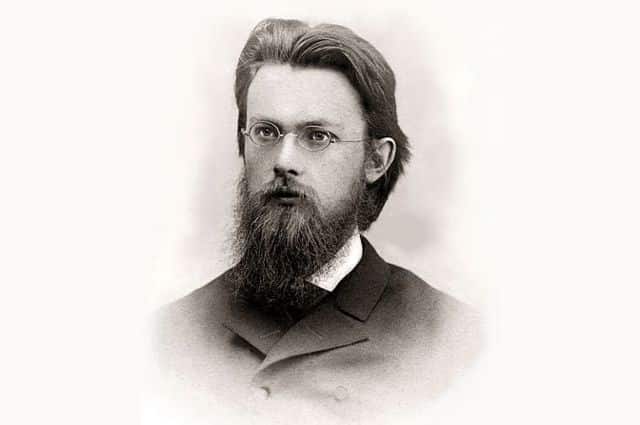
The noosphere is the set of intelligent organisms and their environment.
The group formed by intelligent organisms and the environment in which they live is called the noosphere . The term is also accepted by the Royal Spanish Academy ( RAE ) with an accent on the second letter O : noosphere , the use of this variant being more frequent on the American continent.
Vladimir Vernadsky
The Russian Vladimir Vernadsky ( 1863 – 1945 ) is one of the main intellectuals who reflected on the noosphere. According to this thinker who is a reference of the philosophical movement known as Russian cosmism , the development of planet Earth occurred through three successive phases: the geosphere (the appearance of inanimate matter), the biosphere (irruption of life) and the noosphere (given by human cognition).
For Vernadski , when human beings managed to transmute elements to create resources thanks to the mastery of nuclear energy , it gave rise to the birth of the noosphere. The Russian contributions were collected by the French theologian Pierre Teilhard de Chardin ( 1881 – 1955 ), who agreed to recognize three stages in evolution (the geosphere , the biosphere and the noosphere ).
Russian cosmism
At the beginning of the 20th century, a cultural and philosophical movement known as cosmism took place in Russia. It was the fusion of elements of ethics, religion and philosophy that sought to understand topics such as evolution, the origin and the future of our species and the universe itself.
This thought, in which Vernadski's contribution to the concept of noosphere was framed, originated in two well-defined sources: in orthodox Christianity and in traditional Western philosophy. Furthermore, we can appreciate its clear influence in the works of various transhumanists , who pursue the transformation of our condition through the development and creation of technologies that enhance our abilities.
Pierre Teilhard de Chardin
Teilhard defines the noosphere as a virtual zone where noogenesis takes place: the birth and evolution of the psyche. All phenomena linked to intelligence would take place in the noosphere.
The noosphere, following Teilhard 's thinking, can be associated with universal consciousness . This consciousness emanates from the energy of thought and involves the realization of the spirit on the earthly plane.
It should be noted that Vernadski considered that the noosphere was made up of living beings with a certain minimum degree of intelligence, resulting in a more advanced evolutionary state than the biosphere . Teilhard , for his part, oriented the concept to the theological.

The notion that Vernadsky called "noosphere" could be interpreted as an evolution of "noocracy."
Noocracy
One of the concepts related to the noosphere, although it emerged a long time before, is known as noocracy , a political and social system that relies on the human mind as a priority element, also according to Vladimir Vernadsky. In 1987, the sociologist Benjamín Oltra y Martín de los Santos defined this concept as a new class that includes those who have a command of reason on all its levels, including the ideological, expressive and technical, in addition to design and the force of production, without leaving aside renewed power in the systems of advanced society.
Note that in Teilhard's work we also find theory about noocracy. This is a system that had already been suggested by Socrates himself, and was tested by Pythagoras , who proposed the development of a "city of the wise" in Italy. We must understand that the noosphere is Vernadski's version of this concept, which is not completely equivalent but is similar enough to understand that it is an evolution of the previous one. We can understand it as the strength of collective intelligence, instead of having independent groups that are represented by different people.
